America’s venturesome consumers are hungry for products exciting enough to justify enthusiasm. They are desperate for evidence that the future can continue to look bright.
(p. B2) DETROIT — Despite a steady stream of new models from a number of automakers, sales this year of electric and hybrid vehicles have failed to keep pace with the growth in the overall American market.
But if the market for electrified cars was slumbering, Tesla Motors woke it up with a jolt Thursday [March 31, 2016] with the unveiling of its coming Model 3 lineup of affordable, zero-emission vehicles.
Given that electric and hybrid vehicles account for only about 2 percent of last year’s record-setting sales in the United States, the extraordinary reaction to Tesla’s first mass-market model was a vivid demonstration of the potential demand in the segment.
“It shows that the future of electric vehicles is not necessarily bleak,” said Alec Gutierrez, an analyst with the research firm Kelley Blue Book. “Maybe we’ve been waiting for the right products that resonate with consumers.”
Tesla said on Friday that it had booked reservations — at $1,000 each — from nearly 200,000 people for the first Model 3 sedans, which will not be available until next year.
With a starting price of $35,000 and a battery range of 215 miles, the new Tesla is a big leap in the company’s expansion beyond expensive luxury models.
“The final step in the master plan is a mass-market, affordable car,” Elon Musk, Tesla’s chief executive, said at the lavish introduction of the Model 3 held at the company’s design studios in Hawthorne, Calif.
For the full story, see:
BILL VLASIC “In Clamor for new Tesla, Signs of an Electric Future.” The New York Times (Sat., APRIL 2, 2016): B2.
(Note: bracketed date added.)
(Note: the online version of the story has the date APRIL 1, 2016, and has the title “Tesla’s New Model 3 Jump-Starts Demand for Electric Cars.”)


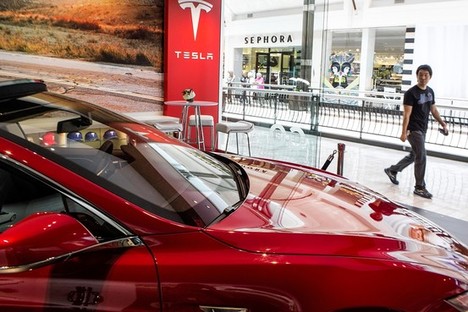

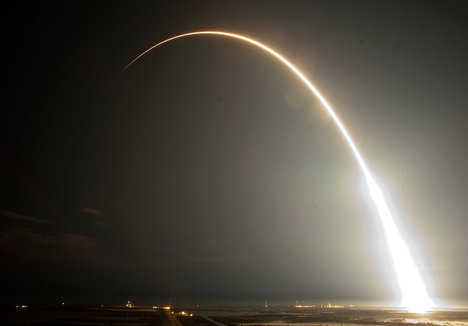
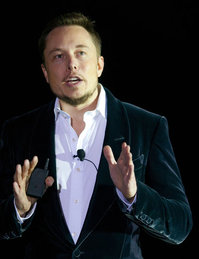
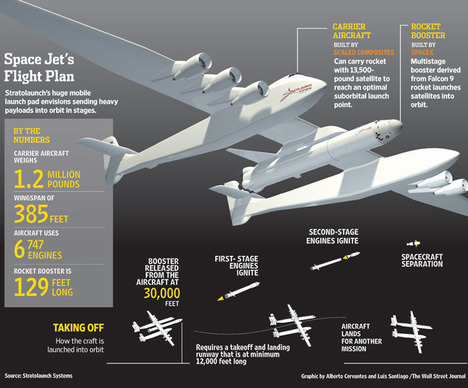
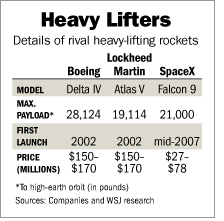 Source of table: online version of WSJ article cited below.
Source of table: online version of WSJ article cited below.